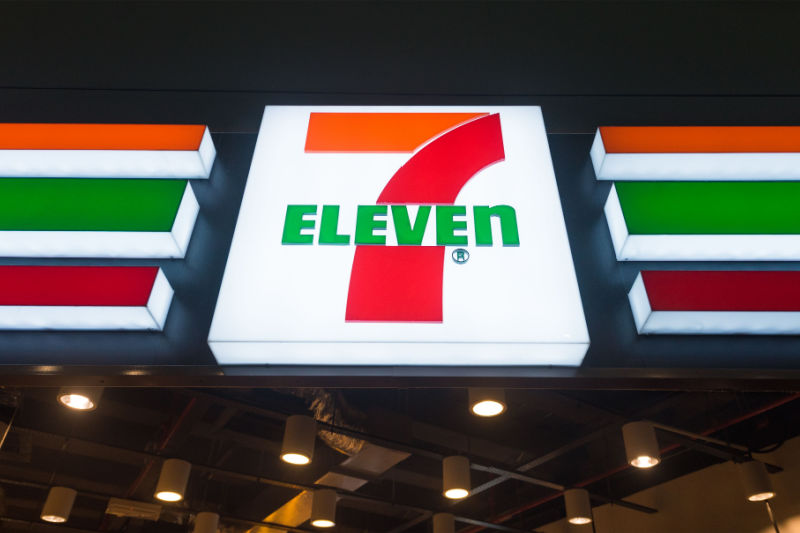
© Shutterstock
The European Central Bank (ECB) official, Francois Villeroy de Galhau, emphasized the necessity of sustaining high interest rates to keep inflation in check. This announcement led to a surge in Germany’s benchmark borrowing costs, reaching their highest level in over a decade.
Last week, the ECB increased its deposit rate by 25 basis points to a record 4% in an effort to bring inflation down to its target of 2%. On Tuesday, Eurostat data revealed that eurozone inflation was at 0.5% month-on-month and 5.2% year-on-year in August.
Germany’s ten-year bund yields, a key long-term indicator for the continent, rose above 2.72% early in the session, just shy of their highest point since July 2011. They later slightly decreased to settle at 2.705%.
Contrarily, U.K. ten-year yields fell by 5.4 basis points to 4.338% following forecasts from Citigroup (NYSE:) and Goldman Sachs (NYSE:) that the Bank of England is likely to make its final 25 basis point rate hike to 5.5% this cycle on Thursday. Further pushing gilt yields down was the Organization for Economic Cooperation and Development (OECD)’s revised forecast for British economic growth, which it cut from its June prediction of 1% to 0.8% for this year.
Currency movements remained minimal due to caution over making significant bets against the dollar ahead of the Federal Reserve’s policy decision on Wednesday. The pound hovered around $1.24 while the euro stayed near $1.07.
European stock markets saw modest gains after recouping some losses from the beginning of the week. Frankfurt’s remained unchanged while Paris’s and London’s rose by 0.3% and 0.2%, respectively, boosted by a surge in oil prices.
However, shares of London-listed home improvement retailer Kingfisher (LON:) dropped by over 7% following warnings of challenging markets in Poland and France, and reduced profit forecasts. This drop came amidst consumers tightening their spending due to record-high interest rates in the eurozone, leading to increased borrowing costs.
The U.K.’s mid and small-cap sector also had a tough Tuesday with multiple profit warnings indicating deteriorating economic conditions. Shares of fashion retailer Quiz fell nearly 40%, attributing the drop to inflation weakening consumer confidence and demand. Northcoders, a software coding training specialist, saw its share price plunge by 38% after suggesting clients were hesitant to commit to training due to budget restrictions, job cuts, and hiring freezes. Similarly, Naked Wines (LON:) experienced a 10% fall in its shares as it reported a slower-than-expected start to its new financial year.
This article was generated with the support of AI and reviewed by an editor. For more information see our T&C.





